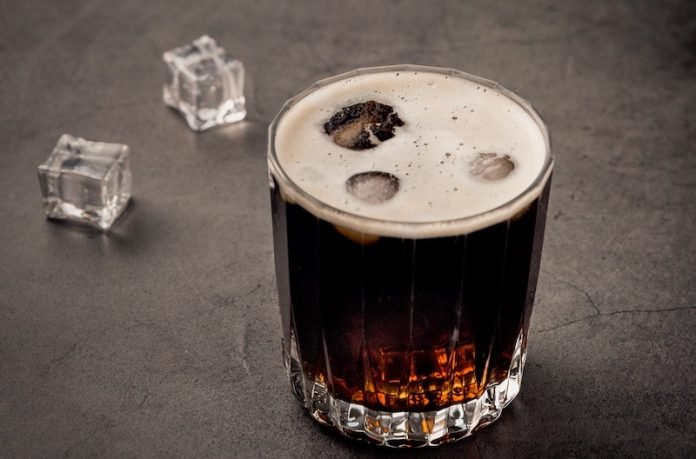
For years, researchers have observed that alcohol consumption is linked to reduced brain volume and concluded that drinking can literally shrink the brain.
But new research suggests that reduced brain volume may represent a genetically-conferred risk factor for heavier alcohol drinking.
The results suggest that associations between alcohol drinking and reduced brain volume are attributable to shared genetic factors.
Lower brain volume in specific regions may predispose a person to greater alcohol drinking.
The research was conducted by a team from Washington University in St. Louis.
The study is based on longitudinal and family data from three independent brain imaging studies – including the comparison of drinking behaviors in twin and non-twin siblings; longitudinal research within children who were never exposed to alcohol at baseline; and gene expression analyses using postmortem brain tissue.
It provides convergent evidence that there are genetic factors that lead to both lower gray matter volumes and increased alcohol use.
The team says these findings don’t discount the hypothesis that alcohol abuse may further reduce gray matter volumes, but it does suggest that brain volumes started out lower to begin with.
As a result, brain volumes may also serve as useful biological markers for gene variations linked to increased vulnerability for alcohol consumption.
The team’s analyses in three independent samples provide unique convergent evidence that associations between middle/superior frontal gray matter volume and alcohol use are genetically-conferred and predict future use and initiation.
The researchers say the results might be generalized to other substances because different substances can all be affected by the same genetic factors.
One author of the study is Ryan Bogdan, associate professor of psychological and brain sciences.
The study is published in Biological Psychiatry.
Copyright © 2019 Knowridge Science Report. All rights reserved.



